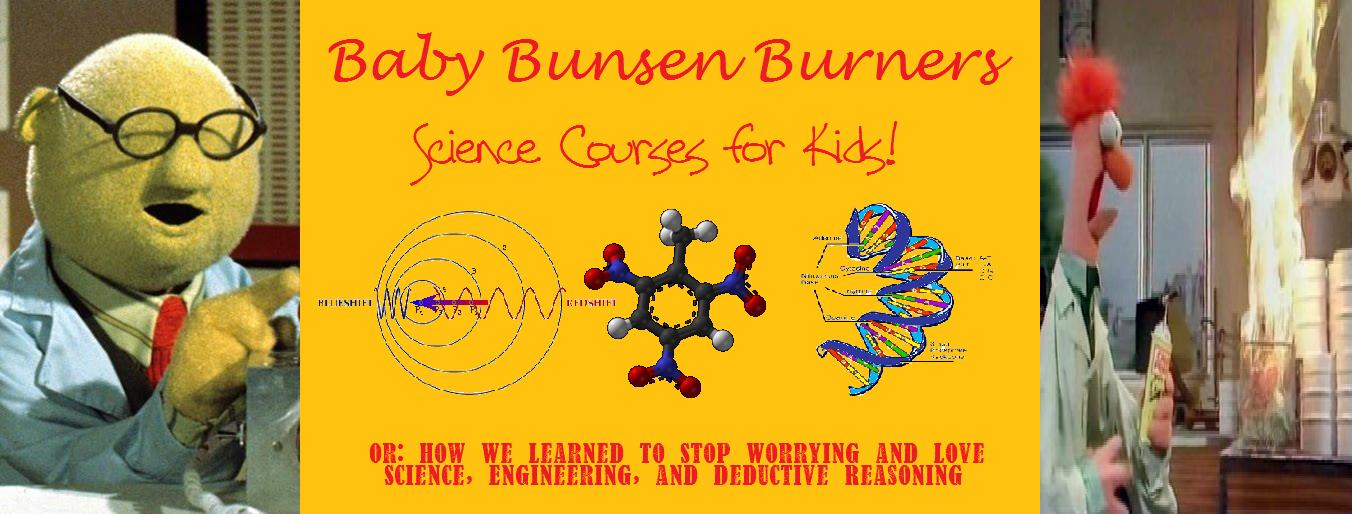-Attendance
What does it mean to be a Scientist/Engineer?
--teach kids how to think like a scientist, ask questions and solve problems like a scientist.
--work in groups to solve problems
-----Split kids up into groups/teams. Team names, perhaps.
--use scientific method
II. Scientific Method
-Purpose
---To figure out what makes things fly farther.
-Background
---What do we know about planes?
----------what do planes look like, what are common features?
----------what are planes made out of?
---Introduce Variables:
-----Plane Mass
----------Copier paper
----------Aluminum Foil
----------Multiple sheets of each
-----Plane Shape
----------Traditional, streamlined model
----------Snub nosed stunt plane model
----------Any other designs?
-Hypothesis
-----Which plane will fly better?
-----Make predictions.
-Experiment
-----Test predicitons
----------Mark distances with chopstick flags (each type of flag corresponding to type of plane)
----------Physical and graphic representation of flight distances.
-Analysis
-----Which plane flew farthest?
-----Which factor/variable is more important? Mass or Plane Shape?
-Conclusion
-----Summary, wrap up.
-----OR, for younger kids.-----
II. Know, Wonder, Learn
-Know
-----What do we know about airplanes?
----------What do they look like?
----------What are they made out of?
-Wonder
---What do we want to know about planes?
-----What makes them fly farther or shorter?
----------Shape?
----------Weight?
-Learn
-----What did we learn today?
Materials and Preparations:
89+ Sheets of Copier Paper 8.5" x 11" (one for each student, ideally)
45+ Sheets of Aluminum paper 8.5" x 11" (for half of the students, roughly)
10+ chopstick flags (copier paper)
10+ chopstick flags (aluminum foil)
10+ chopstick flags (double copier paper)
II. Know, Wonder, Learn
-Know
-----What do we know about airplanes?
----------What do they look like?
----------What are they made out of?
-Wonder
---What do we want to know about planes?
-----What makes them fly farther or shorter?
----------Shape?
----------Weight?
-Learn
-----What did we learn today?
Materials and Preparations:
89+ Sheets of Copier Paper 8.5" x 11" (one for each student, ideally)
45+ Sheets of Aluminum paper 8.5" x 11" (for half of the students, roughly)
10+ chopstick flags (copier paper)
10+ chopstick flags (aluminum foil)
10+ chopstick flags (double copier paper)




No comments:
Post a Comment